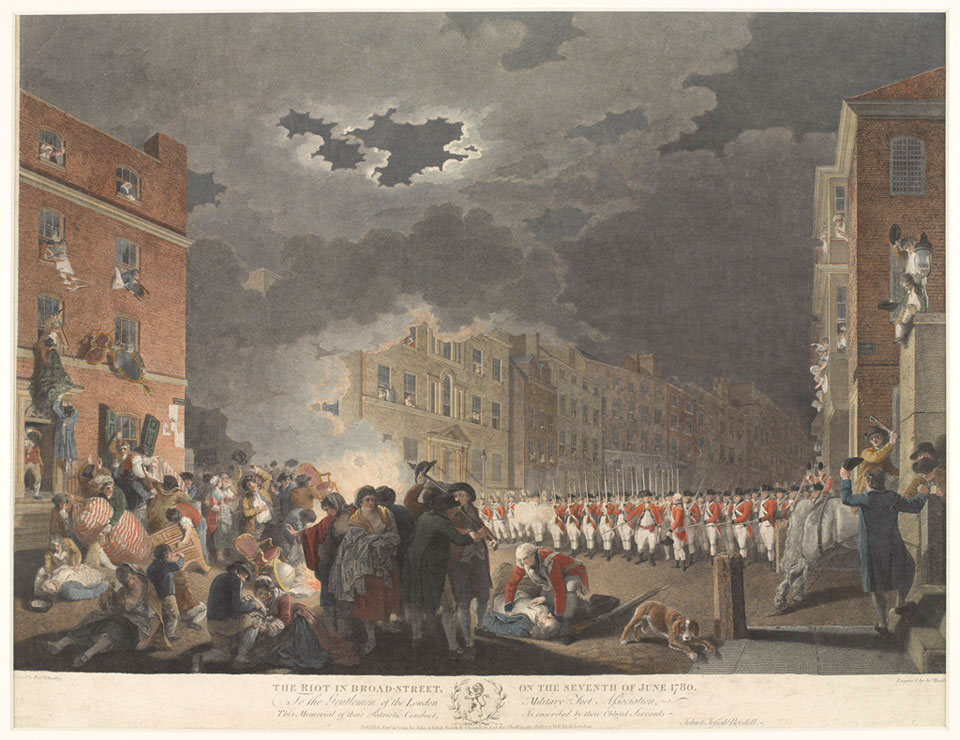Why Women Are Drawn to “Bad Boys”
February 22, 2024

“Why do women always go for the arrogant jerks?” Implicit in my husband’s exasperated question: Why is steady virtue not sexy?
I shrug, as though this propensity is just as odd and puzzling to me, and point out that his steady virtue has delighted me for thirty years now.
I do not mention the succession of arrogant men who preceded him.
Later, with steady virtue snoring beside me, I search my soul. What was it that used to intrigue me? I was not drawn to those men in spite of their arrogance; I was drawn by their arrogance. It suggested a knowledge of the world that I lacked, a readiness to handle whatever befell us. As it turned out, that readiness only applied to grandstanding against danger and natural disasters; homely problems of illness or upset sent these guys flying. But they seemed strong. It was fun to let them take me backstage after a show, order for me at a restaurant, choose the wine. (Until I had to whisper apologies to the server as soon as my rude date looked the other way.)
Little-girl naivete, I decide to blame. I was young, then, and the world was big and complicated, and I was inexperienced and unsure of myself. Why choose someone who would fumble and bumble alongside me? Also, it was thrilling (this is painful to admit) to watch the easy stride of a man with none of my endless worries about trespassing or breaking a rule or hurting someone’s feelings. Bad boys are the cool kids, and if you have never dared be cool, their presence in your life is thrilling. (Until it is not.)
Did I need them to grow me up, giving me a homeopathic dose that would stiffen my spine against them? Or were they wish-fulfillment and proxy, expressing the dark, outrageous selfishness I had never allowed myself? Maybe I was simply brainwashed by the Romantic trope, the tall, dark, handsome, brooding, swaggering, and emotionally unavailable hero.
In retrospect, it is easy to see the fascination as a regrettable stage I was silly enough to require. I remember watching my friends marry the boys they had dated in high school, earnest and pimpled and sweet, and thinking I would die of boredom. Eight years later, I was riven by jealousy of their calm, sweet, trustworthy marriages. This raises another possibility, one people seldom credit: what if we use exciting, aloof men as placeholders because we are not ready for commitment? Lord knows, they will not be demanding it. And they are fun.
Yet another possibility: they scare us, and we misread the fizzing of our blood and the racing of our heart for attraction.
Such attractions are not always outgrown. A podcast mention of Hermione and Draco elicits, under the narrator’s breath, “Who doesn’t want the bad boy?” In “The Man,” Taylor Swift imagines herself as an alpha male, complex, cool, and fearless. “Every conquest I made would make me more of a boss to you,” she sings. “And it’s all good if you’re bad….”
Imagine the catharsis, for the gender that has been schooled for centuries to be good and sweet and nice. But girls are no longer forced to be demure—and no longer need bad boys to act out their unlived urges. So why does the appeal persist?
The Institute of Art and Ideas recently devoted one of its debates to the question: “Bad Boys: Is danger integral to desire?” Panelist Rowan Pelling, founder of The Amorist and a columnist at the Daily Telegraph, added another aspect of their appeal: bad boys are a challenge. There is “a slight hint of unavailability, something we have to work for.” Myriam François, a researcher at the SOAS Centre for Islamic Studies, noted that there is always “something you can’t quite fully grasp,” a mystery that fuels desire.
Nonetheless, she continued, these are men who never grow up, who are as selfish as bratty toddlers—a comparison we acknowledge by calling them “bad boys” rather than “bad men.” To me, the phrase is also a softening: these are boyish rogues, not hardened murderers or corrupt tyrants. Prince Hal, not Iago. But François thinks that by using the phrase, “we infantilize men and facilitate their behavior.”
The discussion homed in on its question: are bad boys sexy? Perhaps their skill between the sheets is their compensation for moral bankruptcy, François suggested, one brow raised. Then she turned serious and slightly disgusted, pointing out that women “are constantly fed a diet of romanticized victimhood.” Pop singers wail about how badly their man treated them and how much they want him back. “It reveals a deeper wound in us as women about what we have been socialized to think we are worth.”
The answer I was hoping not to hear. If that is the case, the moderator asked, should the type be shamed and eradicated? Ella Whelan, a political commentator and journalist, thinks that would be “a little bit pearl-clutchy and sexually dull.” Why try to dictate who a woman finds sexy? Surely the reasons are not all pathological? Pop culture is laced with rogues, rakes, and cads: Rhett Butler, James Bond, and Indiana Jones; Marlon Brando, James Dean, Johnny Depp, even Lady’s Tramp. We root for them because, as a Vanity Fair survey of the type points out, they are the ones with the energy. They are the ones making things happen, testing the boundaries, taking the risks.
Helen Fisher, a biological anthropologist and popular author who has been schooling the nation in love and romance for decades, suggests yet another angle, this one physiological: arrogance often accompanies high testosterone. “There’s science behind this magnetism between high-testosterone males and high-estrogen females,” she says. Superman—muscled, chiseled protector—and Wonder Woman—curvy and compassionate—were biochemically destined to fall in love. She might be a warrior, but estrogen courses through her bloodstream, and it is magnetized by all that testosterone. Hurled from the collision’s path, feminism and good sense crumple on the sidelines. We are drawn not only to what we lack but to what opposes and counterbalances our excesses.
Does this mean young women with more estrogen than sense are doomed to masochism? Not permanently, and soon, maybe, not at all. Feminism may have failed, but the pandemic straightened people out. “You can’t lock somebody up for two years and have them come out the same,” Fisher explains. In the annual Singles in America study she helps conduct, emotional maturity has risen several notches on the list of attractive traits.
Which bodes well for steady virtue.
Read more by Jeannette Cooperman here.




